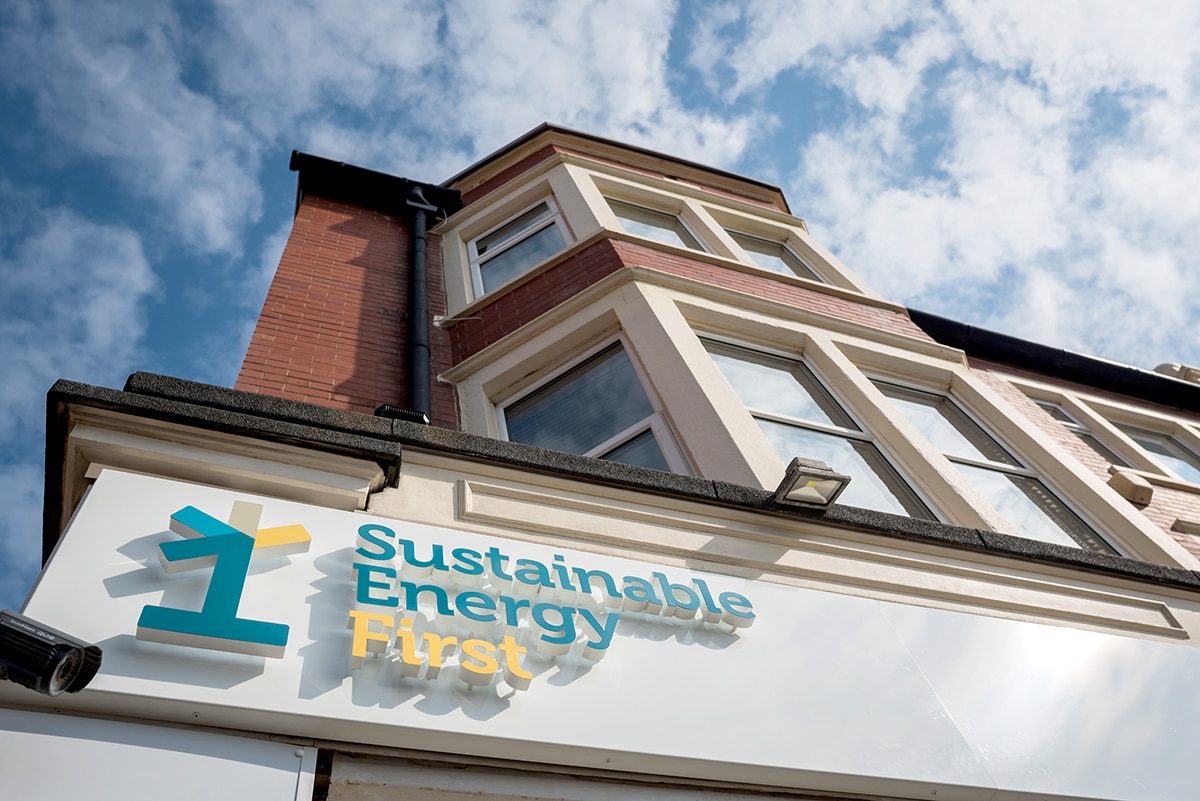It’s this lack of clarity that makes Brexit as the second biggest challenge facing the energy industry today, according to the Energy Institute’s 2018 Energy Barometer. Moving up from fifth place in 2017, leaving the EU is clearly an ongoing concern for energy professionals, and many are calling on the Government to be more transparent around our Brexit plans so that the industry can create an effective post-Brexit strategy.
What challenges are we facing?
One of the biggest issues that energy professionals identified as facing the energy industry post-Brexit is the availability of skilled workers. We need to be able to retain and attract a skilled workforce, and with many experienced workers retiring, we’re becoming increasingly reliant on the EU to meet our needs. With the likelihood of increased immigration controls in the UK post-Brexit, we risk deterring or preventing these workers from coming to the UK, and this could leave us with a skills shortage.
Security of supply is another key concern for energy professionals, which is understandable as more than 40% of the gas we use is imported through interconnector pipes from Europe, and around 4% of our electricity comes via four power lines from Europe. They voiced a need for clarity around the shape of our relationship with the EU single market post-Brexit, with many stating that they wanted the UK’s relationship with the EU to remain very similar to our existing relationship, with the exception of two areas – state aid rules and the EU emissions Trading System (ETS).
So much of the Government’s attention is focused on Brexit negotiations that many of those surveyed said they feared energy policies are suffering, as there’s currently a lack of transparency around our energy future. They were also concerned that this lack of certainty around Government energy policies post-Brexit could have a detrimental effect of the investment attractiveness of UK energy.
Are there any opportunities?
There are clearly some issues to be resolved on our exit from the EU, but energy professionals also identified some opportunities for the energy industry to benefit from a more globally-focused UK. While 10% of respondents said that they don’t think there will be any advantages to leaving the EU for the energy industry, it’s important that we make the most of any opportunities that may emerge.
The EU aren’t our only trading partners – Norway currently provides around a fifth of the UK’s gas, for example – and we could forge new trade agreements with non-EU countries as a result of Brexit. We could also gain more financing freedom around new electricity generating capacity and more flexibility to support new renewable heat and transport. Some of those surveyed by the EI also stated that the UK could benefit from exporting smart grid design and management services along with renewable energy expertise.
Navigating our changing energy landscape
While the Government provided us with the Industrial Strategy and the Clean Growth Strategy at the end of 2017, one in ten surveyed by the Energy Institute said that the strategies don’t address the most pressing issues facing the energy industry today. It seems that many within the energy industry require more clarity from the Government around what we can expect post-Brexit, particularly as we are set to leave in just nine months.
We don’t have a crystal ball, but at Inenco, our experts always keep their finger on the pulse of the energy industry. This way, we can stay ahead of the ever-changing energy landscape and help our clients to benefit from the opportunities and overcome any challenges that may emerge as a result of Brexit. If you’d like to speak to our experts, give us a call today on 08451 46 36 26 or call enquiries@inenco.com.





